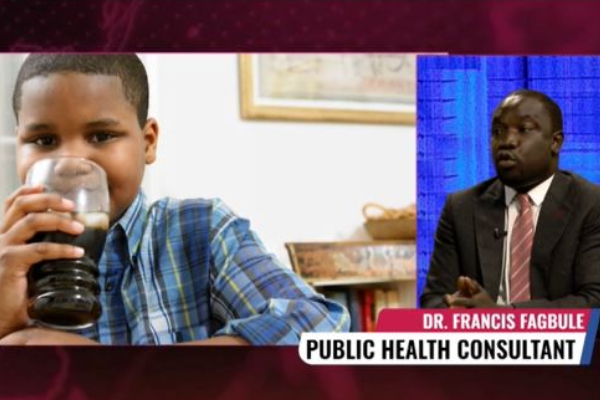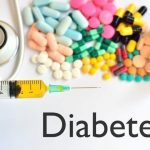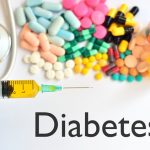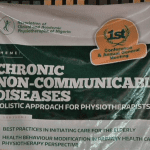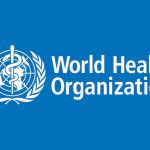The Federal government, through the Finance Act of 2021, approved a ten naira tax on non-alcoholic carbonated and sugar sweetened beverage known as SSBs.
The implementation of this tax in June this year saw a significant increase in the price of these products.
The government says consumption of sweetened drinks poses a health hazard which places another burden on its doorstep, adding that Nigerians who want to consume them must be willing to pay more.
[wonderplugin_video iframe=”https://youtu.be/-MkZ7tUzBYY” lightbox=0 lightboxsize=1 lightboxwidth=960 lightboxheight=540 autoopen=0 autoopendelay=0 autoclose=0 lightboxtitle=”” lightboxgroup=”” lightboxshownavigation=0 showimage=”” lightboxoptions=”” videowidth=600 videoheight=400 keepaspectratio=1 autoplay=0 loop=0 videocss=”position:relative;display:block;background-color:#000;overflow:hidden;max-width:100%;margin:0 auto;” playbutton=”https://www.tvcnews.tv/wp-content/plugins/wonderplugin-video-embed/engine/playvideo-64-64-0.png”]
The tax, which is still a far cry from the World Health Organisation’s recommended minimum of 20% excise duty on SSBs is considered by persons in support of it as a significant step forward. But there are complaints of poor implementation as those against it, like the Manufacturers Association of Nigeria, want the tax abolished.
Public health professional at the Department of Periodontology at Community Dentistry University College Hospital, Ibadan, and an Associate lecturer in the College of Medicine, university of Ibadan, Dr Francis Fagbule speaking on this recent development on TVCBreakfast said the tax asset as it were represents a forced baby step by the government to better their lives, especially the health of Nigerians.
According to him, there are little or no nutritional benefits to be derived from the added sugars in these carbonated drinks.
“As a matter of fact, what it does is just pump into you calories.
“The next question we have to ask is what effect do these things have on our body? It causes a lot of health challenges.
“We have been talking about the rise in non-communicable disease among Nigerians which people now die of different ailments, cardiovascular diseases and it has been on the increase.
According to Dr Fagbule, the consumption of sugar sweetened beverages play a major role in this happening.
The government is aware that higher taxes lead to lower consumption, and that when consumption declines, everyone’s health improves, especially the average Nigerian.
Clarifying the difference between added sugars and natural sugars from fruits, Dr Fagbule said the sugars from fruits such as pineapples comes with other minerals, vitamins, fibers, which is a bit different from the added sugar.
“When natural sugars get into the body, it takes a bit of time for the body to process it, So it’s good. The challenge here is the added sugar.
“You take a cup of coffee and you drop in two cubes of sugar, We are making doughnuts, in fact, processing it, sugar is added. But the most importantly, addition into our sugar consumption in the country is those sugars sweetened beverages.
“Although, too much everything is bad. The problem is not about our fruits, vegetables, or cerelas because they are also nutritious, they contribute calorie to us that we need. The challenge here is those processed ones, and they are added indiscriminately to the things that are produced.
“Why it is even worse is the fact that it’s been linked to cause health problems, and that is why this issue of taxation is something that at the public health level, we’ve been pushing for a long time and other countries haven identified that sugar plays a major role in the problems of non-communicable diseases in the country have instituted this and they are reaping the benefits.
“For Nigeria, the WHO recommended about 20% on the price, what it means is that if a product costs 100 naira, the tax you are going to impose should eventually come to this estimate that it now it will cost 120 naira.
“Talking about the ten naira per litre, common drinks is about 500 ML which is less than a litre. If you’re imposing ten naira per liter, it means you are saying five naira should be added also.
“We see that sugar business in Nigeria has boomed, while in 2016 they were making about $740,000,000 from sugar consumption in Nigeria. And by 2021, this has doubled by one point four billion dollars.
“The truth is why some people are cashing out. A lot of Nigerians people are dying, as a result of that.
” In 1995, the rate of obesity in Nigeria was about less than a million people. Now, aside 2015, that has increased to about 5 million. 2021 figure has seen an estimate of 6 million people have diabetes. But more than just that, there’s a group of people that would say pre diabetic, they are not yet diabetic, but they are getting close. They have about 3 million of them.
“If these people can cut down on their sugar, eat better food, live a healthy lifestyle, they won’t get tipped into having diabetes. The same thing goes for cardiovascular diseases.
“Hypertension has increased from about 5 million to about 27 million Nigerians. We know that our population has also increased, we are saying now that there’s about one out of every three adult Nigerians that are hypertensive which means people are dying, suffering.
“With the challenge we have in our healthcare system, where it is catastrophic expenditure, it means that you are eating that sugar now, it’s sweet, but eventually you’re killing yourself and that is why the government have the role to play to make sure that the healthier alternatives are the cheaper and easier alternatives.

